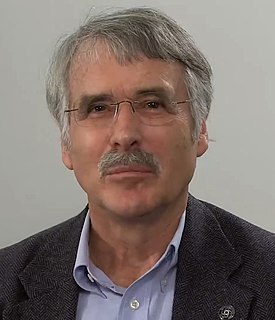A Quote by Willie Soon
The close relationships between the abrupt ups and downs of solar activity and of temperature that I have identified occur locally in coastal Greenland; regionally in the Arctic Pacific and north Atlantic; and hemispherically for the whole circum-Arctic, suggesting that changes in solar activity drive Arctic and perhaps even global climate.
Related Quotes
The Arctic is a place that historically, during all preceding human history, has largely been an icy realm with an impact on ocean currents. That, in turn, influences the temperature of the planet. The Arctic is now vulnerable because of the excess carbon dioxide in the atmosphere, with a rate of melting that is stunning.
Scientists had said, "If you keep burning coal and gas and oil, you will melt the Arctic." And then the Arctic melted just as they had predicted. Did Shell Oil look at the melt and say, "Huh, maybe we should go into the solar-panel business instead?" No, Shell Oil looked at that and said, "Oh, well, now that it's melted it will be easier to drill for more oil up there." That's enough to make you doubt about the big brain being a good adaptation.
It is estimated that one-third of all reef-building corals, a third of all fresh-water mollusks, a third of sharks and rays, a quarter of all mammals, a fifth of all reptiles, and a sixth of all birds are headed toward oblivion. The losses are occurring all over: in the South Pacific and in the North Atlantic, in the Arctic and the Sahel, in lakes and on islands, on mountaintops and in valleys.


































